Have you been asking: what is a water chlorination certificate used for? Dynamika UK Ltd provide mains chlorination certificates throughout Southampton, Portsmouth And Hampshire. Find out more about chlorination certificates BS8558 and BS EN 806 and the types of chlorination services available.
What Is A Water Chlorination Certificate Used For
A water chlorination certificate is a document used to certify that a water supply system has been properly chlorinated and disinfected. This should be done in accordance with local regulations and industry standards.
It is required by regulatory authorities and health departments to ensure that the water supply is safe for consumption. The certificate is issued by a certified water treatment professional or company. They will provide it after they have completed the chlorination process and conducted testing.
It will show that the water meets the required standards for quality and safety. The certificate includes details of the chlorination process, the results of water quality tests, and the dates of when the process was carried out.
Chlorination Certificates – BS8558 and BS EN 806
Chlorination certificates are documents that certify that a water system has been properly disinfected. This is done to prevent the growth and spread of harmful bacteria, such as Legionella. These certificates are issued following a process of chlorination.
The process involves adding a specific concentration of chlorine to a water system to kill any bacteria that may be present.BS8558 is a British standard that provides guidelines for the design, installation, testing, and maintenance of water supply systems in buildings. It sets out the requirements for the chlorination of new and refurbished hot and cold water systems.
It is provided to ensure they are clean and free from bacteria, and for the maintenance of water quality in these systems.BS EN 806 is a European standard that provides guidance on the design, installation, operation, and maintenance of water supply systems in buildings. It includes information on water quality, pressure, flow rate, and temperature control, and specifies requirements for the disinfection of water supply systems.
Both standards provide guidance on the chlorination process. This includes the testing and certification of water systems. It ensures they are safe and comply with regulatory requirements. Chlorination certificates are issued in compliance with these standards. They demonstrate that a water supply system has been disinfected and is safe for use.
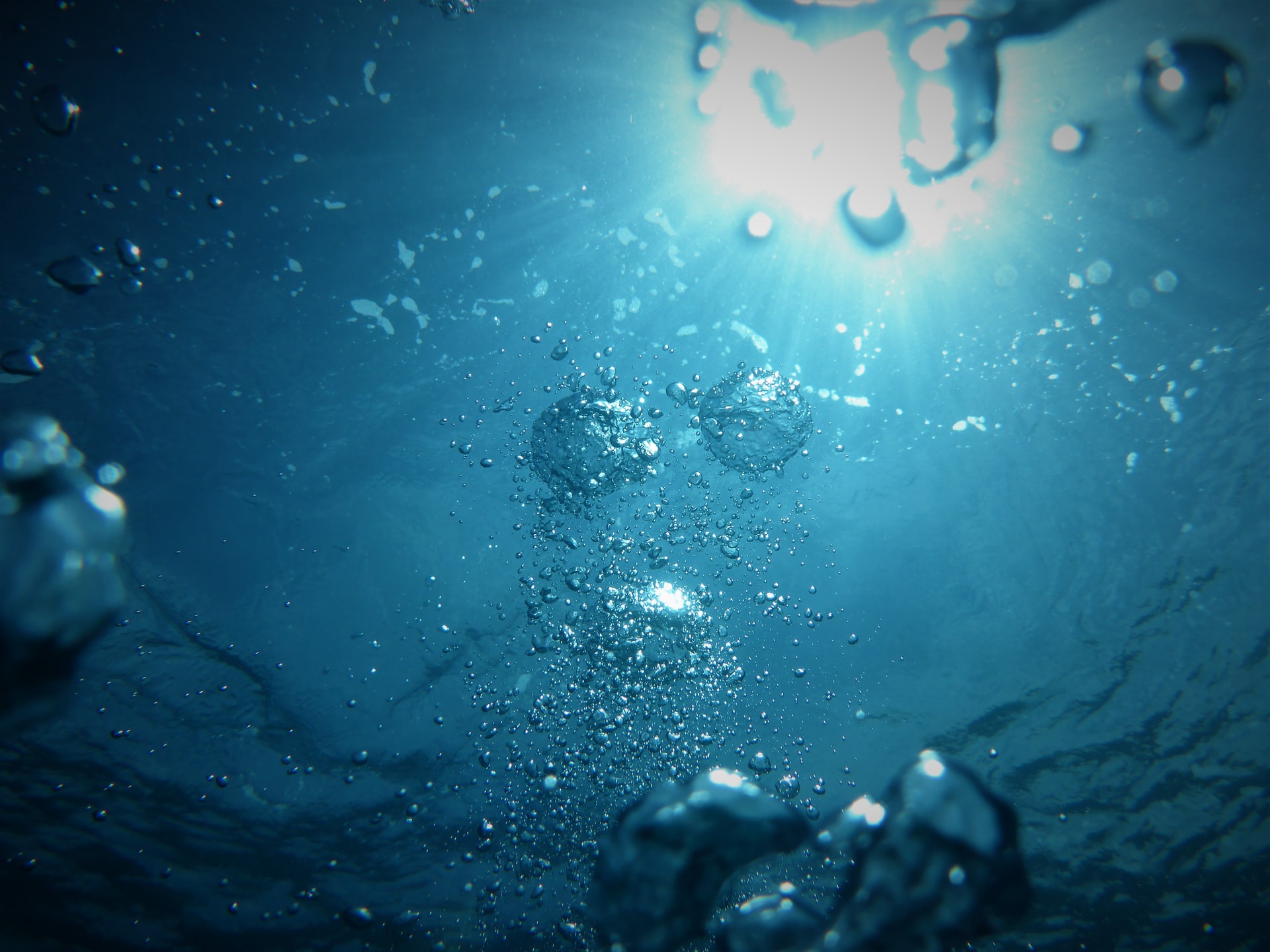
When do I need a chlorination certificate?
A chlorination certificate is necessary in several instances, as specified in the BS 8558:2011 guidelines. These govern the cleaning, flushing, and disinfection of hot and cold water services. These include:
NEW WATER SYSTEM INSTALLATIONS OR REFURBISHMENT OF HOT AND COLD WATER SYSTEMS:
Whenever a new water system is installed, or an existing one is refurbished, a chlorination certificate is required. This confirms that the water supply is clean, safe, and free from harmful bacteria and other contaminants.
SYSTEMS THAT HAVE BEEN OUT OF USE FOR LONG PERIODS OF TIME:
If a water system has been out of use for a prolonged period, there is a risk of bacterial growth and contamination.
Therefore, a chlorination certificate is required before the water supply can be used again.
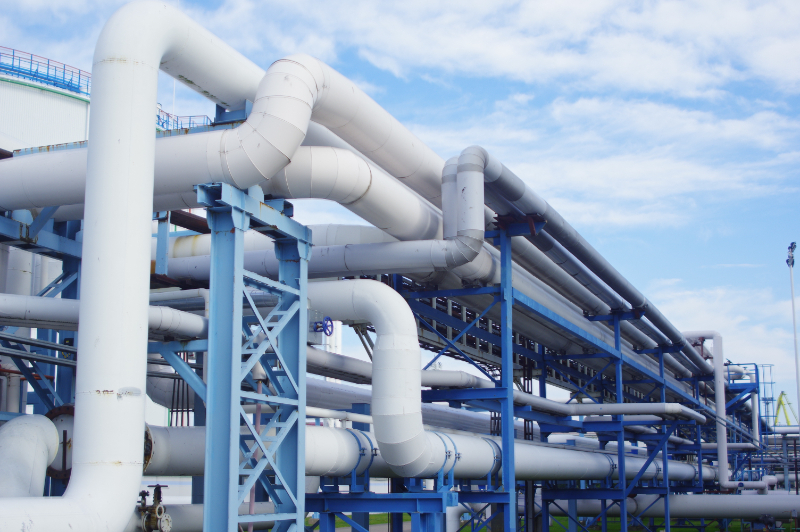
INSTALLATION OF NEW COMPONENTS:
Whenever new components are installed, such as water tanks, pipes, or fittings. It is essential to chlorinate the water system to prevent the growth and spread of bacteria.
EVIDENCE OF CONTAMINATION OR STAGNATION IN TANKS:
If there is evidence of contamination or stagnation in water tanks, a chlorination certificate is necessary. This will confirm that the water supply is free from harmful bacteria and other contaminants.
SUBSTANTIAL ALTERATIONS TO THE SYSTEMS:
Whenever substantial alterations are made to the water system, such as changing the layout or adding new components. A chlorination certificate is required to ensure that the water supply remains safe and clean.
FOLLOWING SAMPLE RESULTS INDICATING CONTAMINATION:
If water sample results indicate contamination, a chlorination certificate is necessary.
This will confirm that the water system has been disinfected and is safe to use.
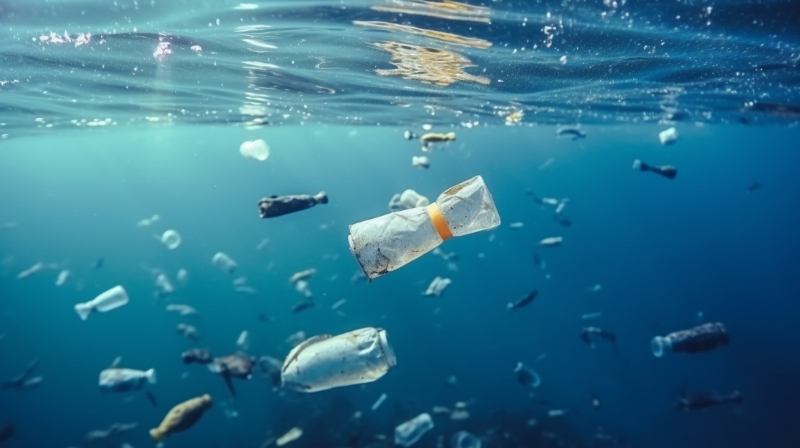
DURING OR FOLLOWING AN OUTBREAK OF LEGIONELLA:
If there is an outbreak of legionella, a chlorination certificate is required. This is to confirm that the water supply has been disinfected and that the bacteria have been eliminated.
WHERE INDICATED BY THE RISK ASSESSMENT:
A risk assessment of the water system may indicate the need for chlorination, even if none of the above situations applies. In such cases, a chlorination certificate is necessary. This will confirm that the water supply is safe and free from harmful bacteria and other contaminants.
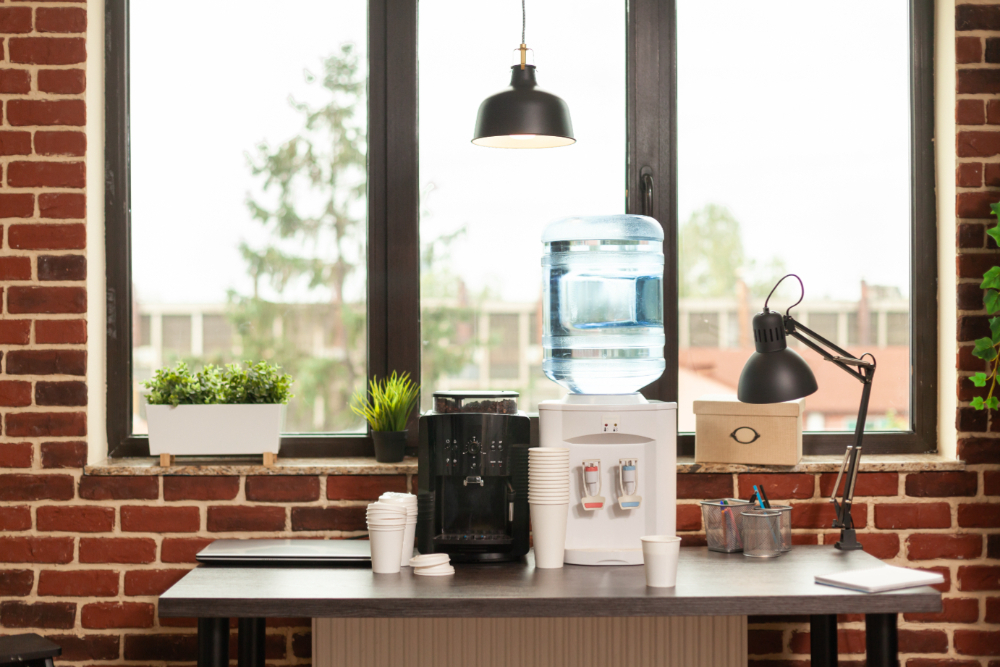
Why do I need a BS8558 Chlorination Certificate?
A BS8558 chlorination certificate is important for a number of reasons, including:
It is a legal requirement to comply with the guidelines set out in BS 8558:2011, which specifies the procedures for the cleaning, flushing, and disinfection of hot and cold water systems. By obtaining a chlorination certificate, you can demonstrate compliance and protect your business from potential legal issues.
The presence of harmful bacteria such as Legionella can pose a serious risk to the health and safety of occupants in a building. By carrying out regular chlorination and obtaining a certificate, you can ensure that your water systems are safe. This is done to reduce the risk of Legionnaires' disease.
By obtaining a chlorination certificate, you can have peace of mind knowing that your water systems are clean and safe for use. This can be particularly important if you are responsible for providing water to vulnerable people, such as children or the elderly.
Many insurance policies require regular water system testing and chlorination to be carried out. By obtaining a chlorination certificate, you can demonstrate compliance with your insurance policy. This way, you protect your business from potential claims.
Overall, a BS8558 chlorination certificate is essential for ensuring compliance, protecting health and safety, providing peace of mind, and meeting insurance requirements.
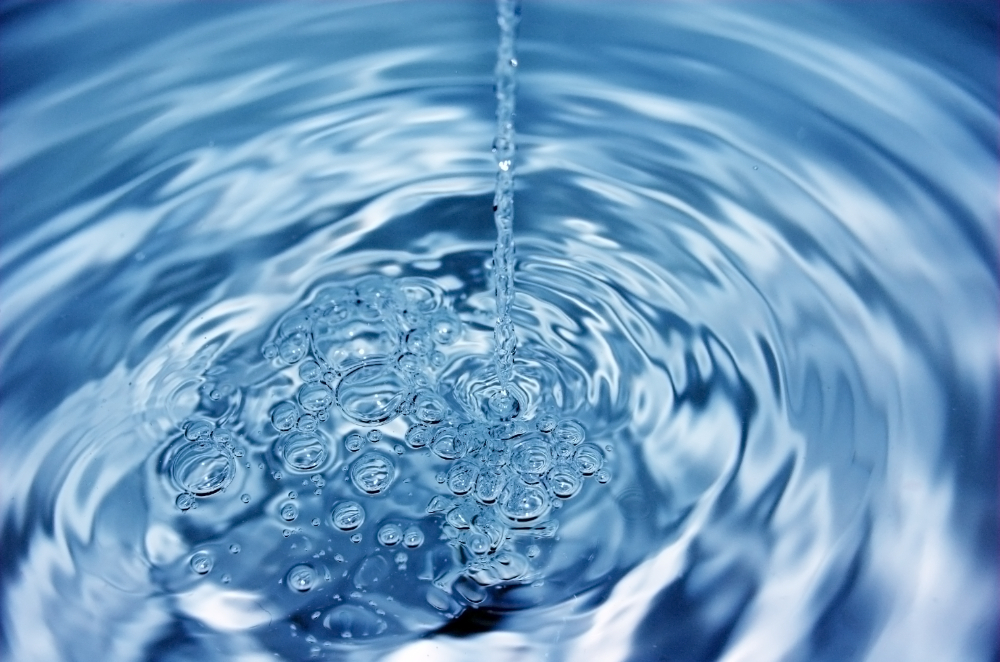
What is the process of Chlorination?
Chlorination is the process of adding chlorine to water to disinfect it and make it safe for consumption. The process involves several steps:
The water system is flushed with cold water to remove any debris or sediment.
The water system is cleaned to remove any biofilm, scale, or other deposits.
Chlorine is added to the water system to disinfect it. The concentration of chlorine is carefully controlled to ensure that it is effective at killing bacteria and other microorganisms, but not so high that it is harmful to people.
After the disinfection process, the water system is flushed again to remove any residual chlorine. This will ensure that the water is safe for consumption.
Throughout the process, water samples are taken and tested to ensure that the water meets the required standards for safe consumption. Once the chlorination process is complete and the water has been deemed safe, a chlorination certificate can be issued.
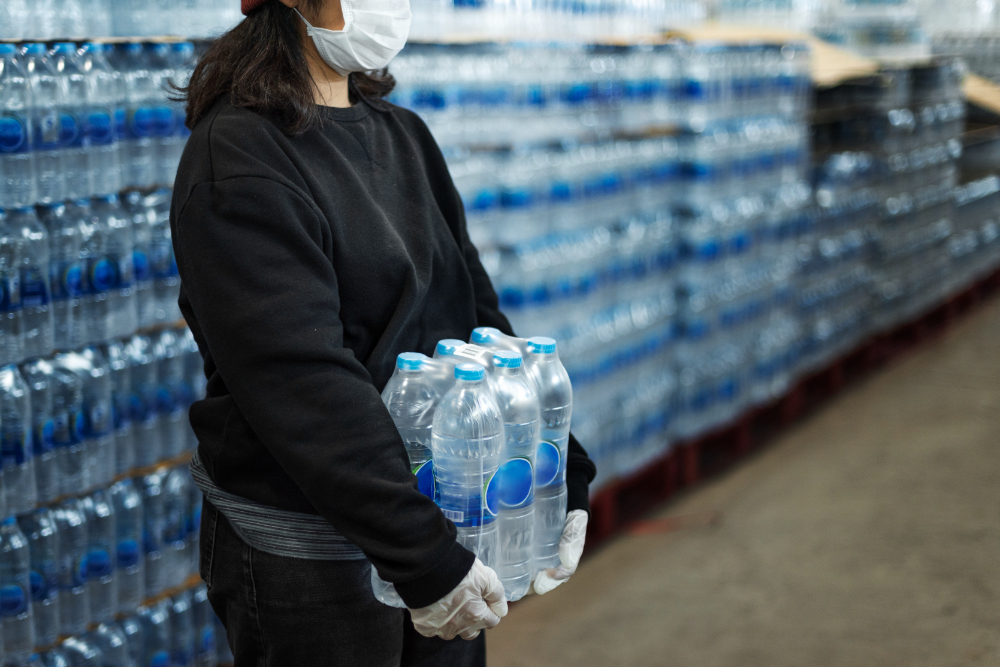
What type of chlorination services are there?
There are several types of chlorination services that are available, depending on the specific needs of the water system:
SHOCK CHLORINATION:
This is the most common type of chlorination service. it is also known as superchlorination or hyperchlorination. It involves adding a high concentration of chlorine to the water system for a short period of time (typically a few hours). This will kill any bacteria, viruses, or other harmful organisms that may be present.
CONTINUOUS CHLORINATION:
This type of chlorination involves adding a low, continuous dose of chlorine to the water system over a long period of time. This process is usually done to prevent the growth of bacteria and other organisms.
PRE-COMMISSION CHLORINATION:
This is a specialized type of chlorination that is used to disinfect new water systems before they are put into operation.
It involves thoroughly cleaning and flushing the new system. this is followed by the addition of a high concentration of chlorine to kill any remaining bacteria and other organisms. bacteria and other organisms.
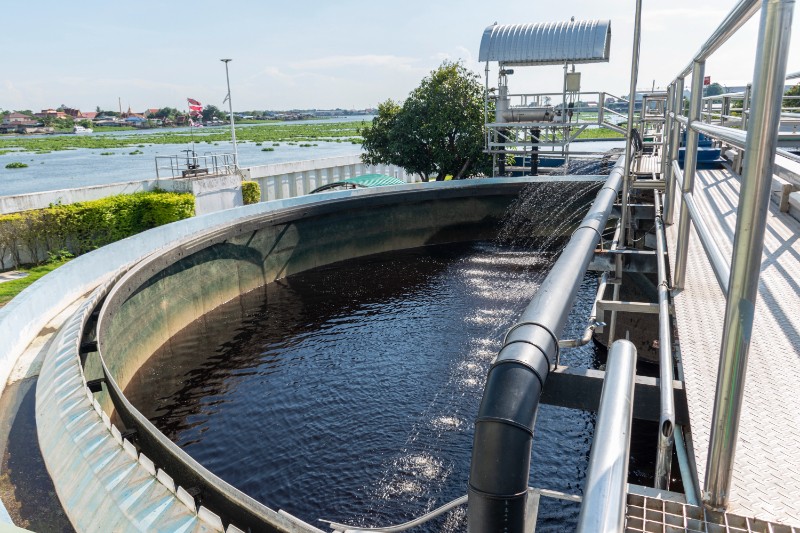
LEGIONELLA CONTROL CHLORINATION:
This type of chlorination is specifically targeted at controlling the growth of Legionella bacteria in water systems. It involves a detailed risk assessment and the development of a customized chlorination plan to eliminate the bacteria.
REMEDIAL CHLORINATION:
If a water system has become contaminated with harmful bacteria or other organisms, remedial chlorination can be used to eliminate the contamination and restore the system to a safe condition.
TANK CLEANING AND CHLORINATION:
Water storage tanks can become contaminated with bacteria, algae, and other organisms over time. Tank cleaning and chlorination involves thoroughly cleaning the tank and then adding a high concentration of chlorine to disinfect the tank and kill any remaining organisms.
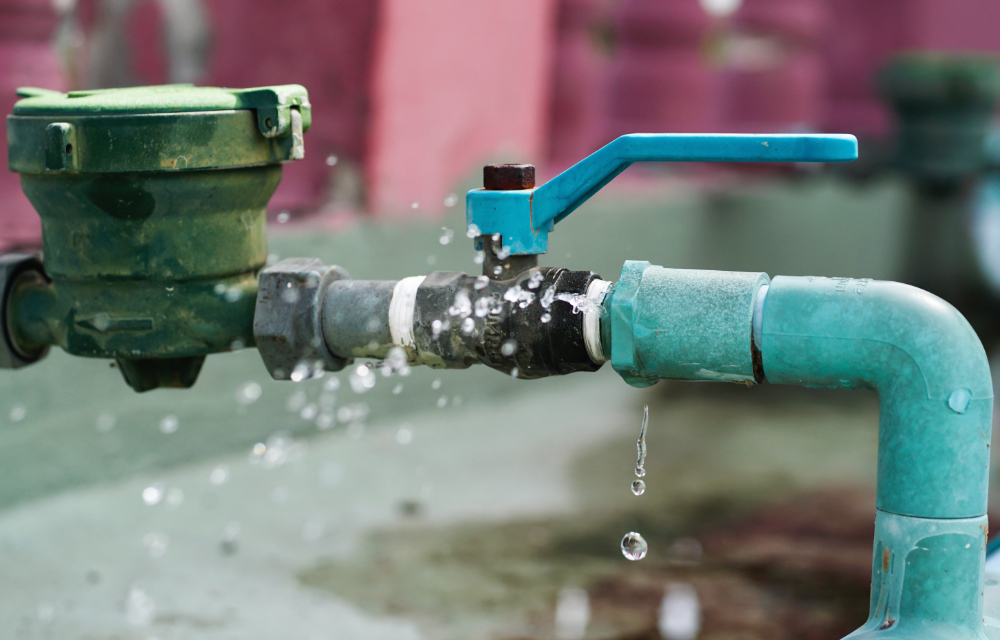
When should an internal supply system be disinfected?
According to the guidelines set forth in BS EN 806-4:2005, internal supply systems should be disinfected under the following circumstances:
A new internal supply system must be disinfected before it is put into service to ensure that any bacteria or contaminants introduced during the installation process are eliminated.
Whenever repairs or alterations are made to an internal supply system, it is recommended that the system be disinfected before it is put back into service.
If there are concerns about the quality of water in the internal supply system. This includes the presence of bacteria, viruses, or other harmful organisms, disinfection may be required to ensure that the water is safe for use.
If an internal supply system has been out of service for an extended period of time, such as during a building closure or renovation. It is recommended that the system be disinfected before it is put back into service. This will prevent the growth of bacteria and other harmful organisms.
Some building owners may choose to disinfect their internal supply systems on a regular basis. As part of routine maintenance this will ensure that the water remains safe for use.
If you are looking for mains chlorination certificates in Southampton and the surrounding areas, contact our expert consultant today. We can help you with mains chlorination services throughout Southampton, Portsmouth, Hampshire and the surrounding areas.
Contact us today for Chlorination Certificates in Basingstoke, Southampton and Portsmouth.
